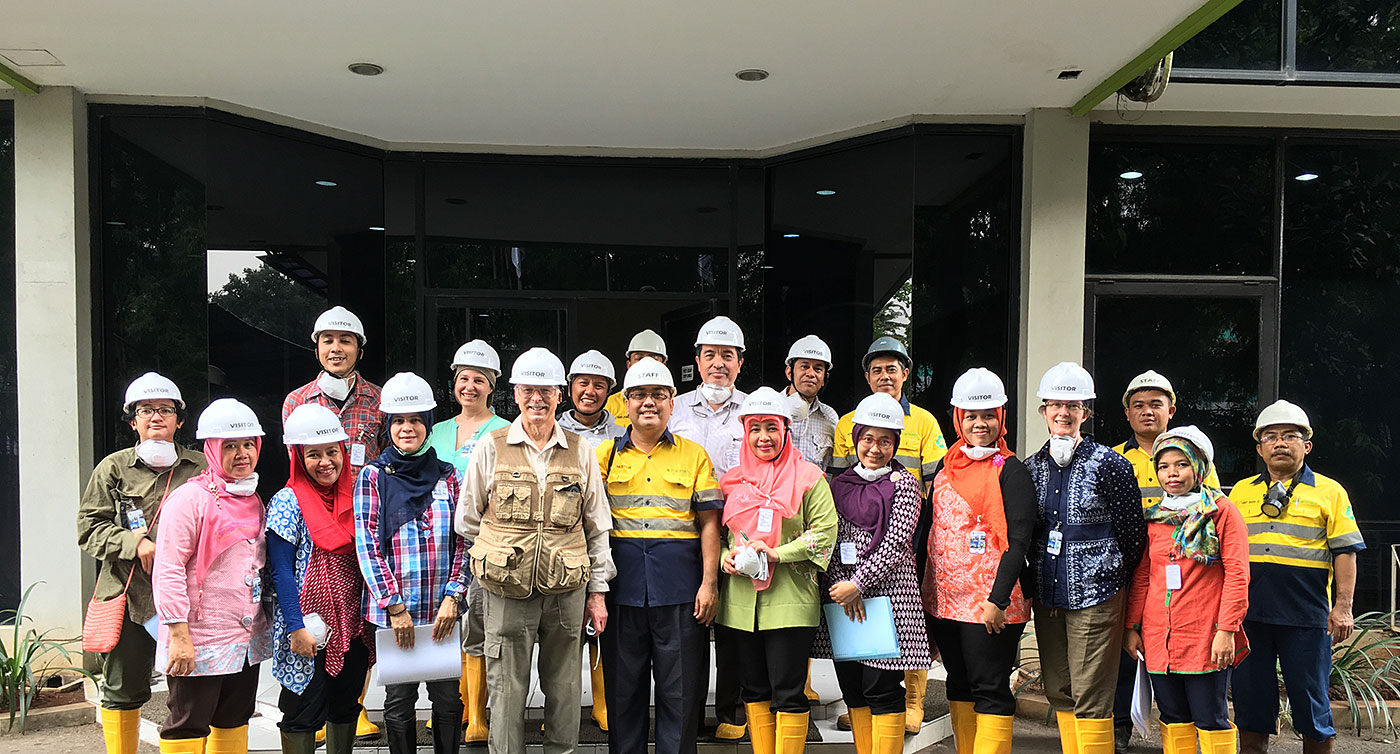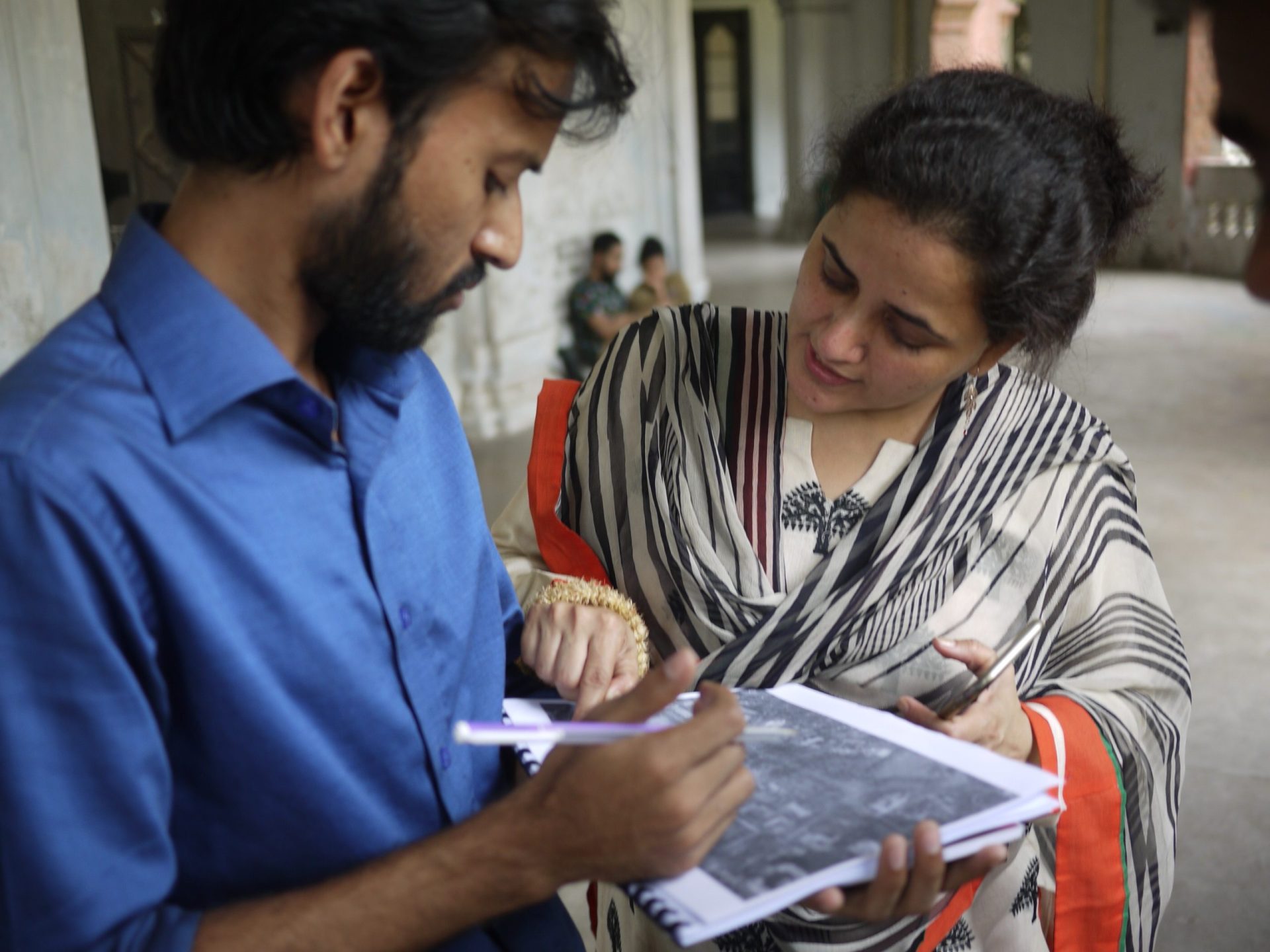About the Toxic Sites Identification Program (TSIP)
TSIP is the largest global database of sites contaminated with toxic chemicals. The TSIP aims to locate, assess and document contaminated sites in low- and middle-income countries, and stores this data in a publicly available database that provides decision-makers with information that is otherwise unavailable through national programs. To date, TSIP has identified nearly 5000 toxic sites in over 50 countries.
In many low- and middle-income countries, industrial activities are often conducted without proper pollution controls or worker protections, resulting in thousands of toxic hotspots, where soil and water are contaminated with toxic chemicals. Such activities frequently take place in residential areas, posing an ongoing health threat to families living nearby. In many high-income countries, governments maintain databases of such contamination hotspots and have institutional mechanisms to address contaminated sites. This is rarely the case in low- and middle-income countries.
Resources for Investigators
Pure Earth provides resources for toxic sites investigators, such as the investigator handbook, sampling protocol, recommended levels for chemicals and metals, and more translated into multiple languages.
Update: Feb. 2020: API Tool Released To Broaden Access To Global Database Of Toxic Sites
Filling Information Gaps To Help Prioritize Cleanups
The Toxic Sites Identification Program (TSIP) aims to provide decision-makers at all levels of government and within the international development community with information on the location, sources and potential impacts of sites contaminated by chemical pollution. The publicly available TSIP database of nearly 5,000 initial site assessments fills a critical information gap in many countries and facilitates the prioritization of pollution control and remediation efforts.
The TSIP database generates a relative risk score (0-10) for each contaminated site based on environmental sampling and other field data, thus allowing decision-makers to prioritize certain sites or sectors for intervention.
The Blacksmith Index ranks the severity of the site using a logarithmic scale. See these publications for detailed methodology:
- A Simplified Risk-Ranking System for Prioritizing Toxic Pollution Sites in Low-and Middle-Income Countries Annals Of Global Health (2014): 278-285. Caravanos, Jack, et al.
- Hazardous waste sites in the developing world: the Toxic Sites Identification Program Environ Monit Assess. 2013 Feb;185(2):1755-66. doi: 10.1007/s10661-012-2665-2. Epub 2012 May 17. Ericson B1, Caravanos J, Chatham-Stephens K, Landrigan P, Fuller R.
- Read all about the Toxic Site Identification Program in Azerbaijan
Global Team of Pollution Investigators
In order to carry out site assessments, Pure Earth trains and utilizes a network of experts in each country to visit and document hazardous waste sites. These pollution investigators, often from the environment or health departments at a national university, are trained to identify and assess contaminated sites using a rapid assessment tool called the Initial Site Screening (ISS) protocol. Government representatives also attend the training. The ISS identifies major elements of a contaminated site, including estimated population at risk, key pollutant information, human exposure pathway data and sampling data. As part of the training, a field visit is made by the group to demonstrate the methodology for assessing the human health impact of toxic sites.
Since 2012, TSIP has organized workshops in 14 countries and trained over 400 investigators and 90 government representatives worldwide on how to identify and assess toxic sites.
Scroll below for a regularly updated list of TSIP projects.
Measuring Pollution
Without proper interventions to prevent, mitigate and remediate such sites, toxic hotspots pose long-term risks that undermine development objectives related to public health, education, poverty reduction, natural resources and sustainability.
These sites alone represent a potential health risk to more than 80 million poor people. However, these 5,000 sites likely represent a small fraction of the overall total. By way of example, over the past twenty years, the United States Environmental Protection Agency (U.S. EPA) has identified tens of thousands of sites in the US alone that require remediation, and its National Priorities List for urgent remediation currently contains more than 1,300 sites. Analysis of the data and trends in the TSIP database indicates that as many as 200 million people may be affected.
Major Publications & Reports
Data from Pure Earth’s Toxic Sites Identification Program (TSIP) has been used in the publication of several research papers, as well as quoted in a number of other publications. Click here to see a list of publications and papers (including scientific articles and reports) from Pure Earth (formerly Blacksmith Institute) and partners.
Population Methodology
When reviewing TSIP sites that are not yet approved, investigators are asked to review ‘population estimate explanation’ to check that the reasoning behind the population estimate is sound. Examples of sound population estimate include census data, satellite data (counting houses and estimating population), other facts/figures (i.e. if a school yard is contaminated, reviewing the number of students who play there on average). Local knowledge or staff expertise can also be considered valid if other methods have been exhausted. Soil, air, or water migration should be explained.
For sites with populations higher than 20,000, review will rely on staff expertise since they have visited many of the sites. For soil, investigators can use Google Earth or other satellite data to approximate the correct number of people in a ½ km radius of the site (based on numbers of houses), since soil migration can be assumed at no more than 0.5 kms. Water depends on the source (i.e. lake, river, etc) and counting the number of people that are exposed via all pathways (dermal, ingestion, etc). Estimating the number of people at risk from contaminated air is the most difficult because significant migration can occur. However, these represent only a handful of samples in the TSIP database and will rely on best known methods.
Learn more:
Inside the Movement to Clean Up the World’s Most Toxic Sites


